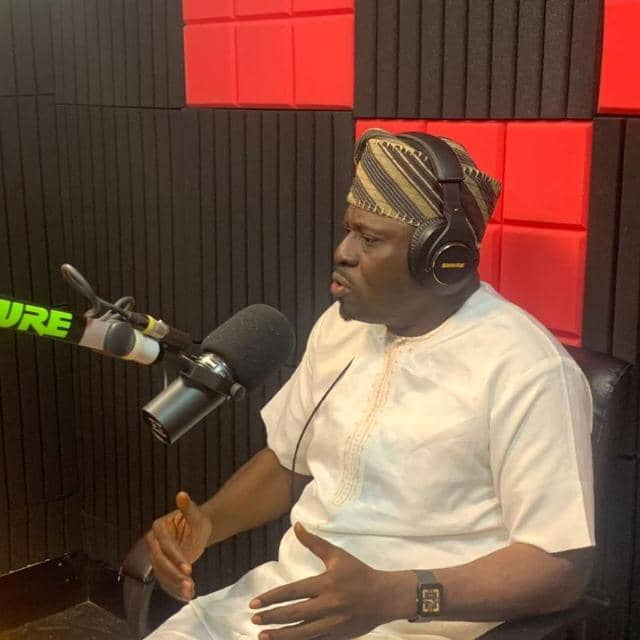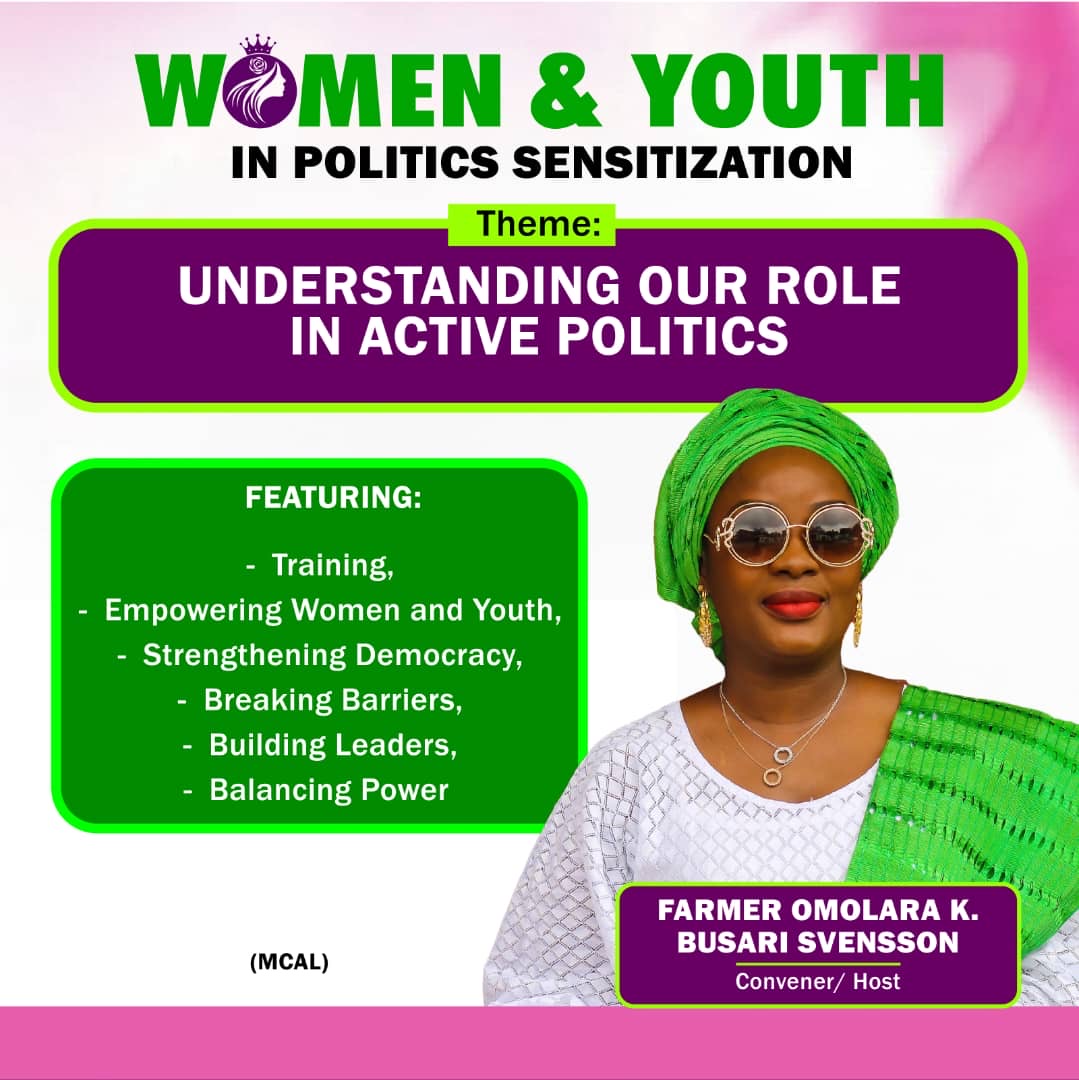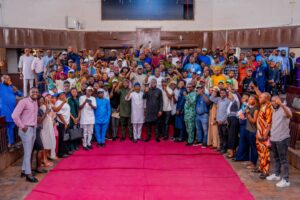








War, in simple terms, means conflict.
A “state of war,” as defined by several dictionaries, refers to an armed conflict between different ethnic, sociocultural, or religious groups within a country, nation, or geographical region. It also describes a sustained condition of hostility between different groups or peoples.
Another definition refers to war as armed aggression or ethnic cleansing targeted at a specific people, tribe, or country.
By all these definitions, Nigeria fits perfectly as a country at war.
The IPOB insurgency in the South East, the religious extremist activities of Boko Haram and ISWAP in the North East, and the banditry in the North West may seem grave, but they pale in comparison to the main war silently killing thousands of Nigerians daily—a conflict that could soon engulf the entire country if urgent action is not taken.




The Fulani banditry and kidnapping for ransom, though less publicized, is more deadly and destructive than any of the regional conflicts our security forces are currently fighting.
While the IPOB, Boko Haram, and ISWAP confrontations are somewhat conventional in nature, the Fulani bandits operate differently.
They live deep in the forests and only emerge on highways to ambush unsuspecting victims.
They appear invisible and invincible, and this perceived impunity has enabled their operations across Nigeria.
About five years ago, I wrote an article titled The Borderless Country, in which I outlined the glaring lapses in Nigeria’s security architecture, particularly at our porous borders.
I warned that since our borders are largely unmanned, criminals from across Africa could easily enter Nigeria, commit heinous crimes, and disappear back to their countries with their loot.
At that time, I predicted that insecurity would worsen and become even more brutal. That prediction has, sadly, come true.
Today, I wish to state again that in the next five years, the security situation in Nigeria may deteriorate to the point where stepping out of one’s house to go to work would be unimaginable.
I had also stated that any country where criminals are free to loot, kidnap, rape, and rob with little or no resistance from law enforcement is bound to witness an upsurge in criminal activity. Nigeria is living proof of that.
For over four decades, Fulani highway robbers have terrorized travelers, initially using machetes, arrows, clubs, and perhaps dane guns.
Today, these bandits have evolved into heavily armed groups wielding sophisticated submachine guns.
As kidnapping for ransom became increasingly lucrative and risk-free, many herdsmen abandoned cattle rearing to join their criminal kin in banditry.
This is how the kidnapping industry in Nigeria flourished.
Thousands of Nigerians are kidnapped, raped, or killed daily.
The Fulanis are not confined to Nigeria alone; their kinsmen in other West African countries—Niger, Chad, Mali, Cameroon, the Central African Republic, and beyond—have heard of the riches amassed through banditry and are migrating into Nigeria to join in this bloodbath.
There is hardly a forest or local government area in Nigeria untouched by these Fulani bandits. Recently, local vigilantes in the South West apprehended some foreign migrants en route to the region.
Upon interrogation, none of them could speak any Nigerian language aside from Fulani and a few foreign dialects. Nigeria is sitting on a keg of gunpowder.
Social media is awash with videos of victims begging for their lives at the hands of Fulani kidnappers. Many women and girls have been stripped naked and raped.
Often, ransoms running into hundreds of millions of naira are paid, yet victims are still killed. Nigeria is undeniably at war.
In a country where bandits can kidnap the wife of a retired Assistant Inspector General in front of her home, where a retired general can be dragged from his bedroom and marched into the forest until ransom is paid, and where monarchs and religious leaders are slaughtered like animals, it is evident that the nation is in a dire state.
Here are my seven recommendations to the Nigerian government before these criminals overrun the country:
1. Declare a State of Emergency on national security. The government must prioritize security and channel all available resources and attention to combating the crisis.
2. Redirect national spending from frivolous and wasteful ventures to the procurement of arms, equipment, and logistics for our armed forces and security agencies.
3. Undertake mass recruitment into the police and military. A country at war should not behave as though it is at peace. It appears our leaders are more interested in private jets than in protecting the common man.
4. Establish state police to complement federal security efforts. This is no longer a luxury but a necessity. Many countries have successfully implemented similar systems.
5. Legalize individual and organizational ownership of firearms for self-defense. Disarming law-abiding citizens is counterproductive in today’s Nigeria.
6. Permit highway drivers to carry firearms to protect themselves and their passengers.
7. Empower state and local governments to coordinate and monitor security in their jurisdictions effectively.
These are just a few of the critical actions the federal government must take to prevent mass migration of Nigerians into neighboring countries in search of safety.
Our National Assembly members have failed in their constitutional responsibility to defend the nation.
Many are more focused on protecting their personal interests than addressing the collapse of national security.
When this impending implosion occurs, no senator will be left to enjoy the loot.
Biodun Adekola is a social critic and advocate for good governance.
He is a sociopolitical analyst and public commentator.
He is a regular guest on various radio stations in Ibadan.
Contact: 08066462434






